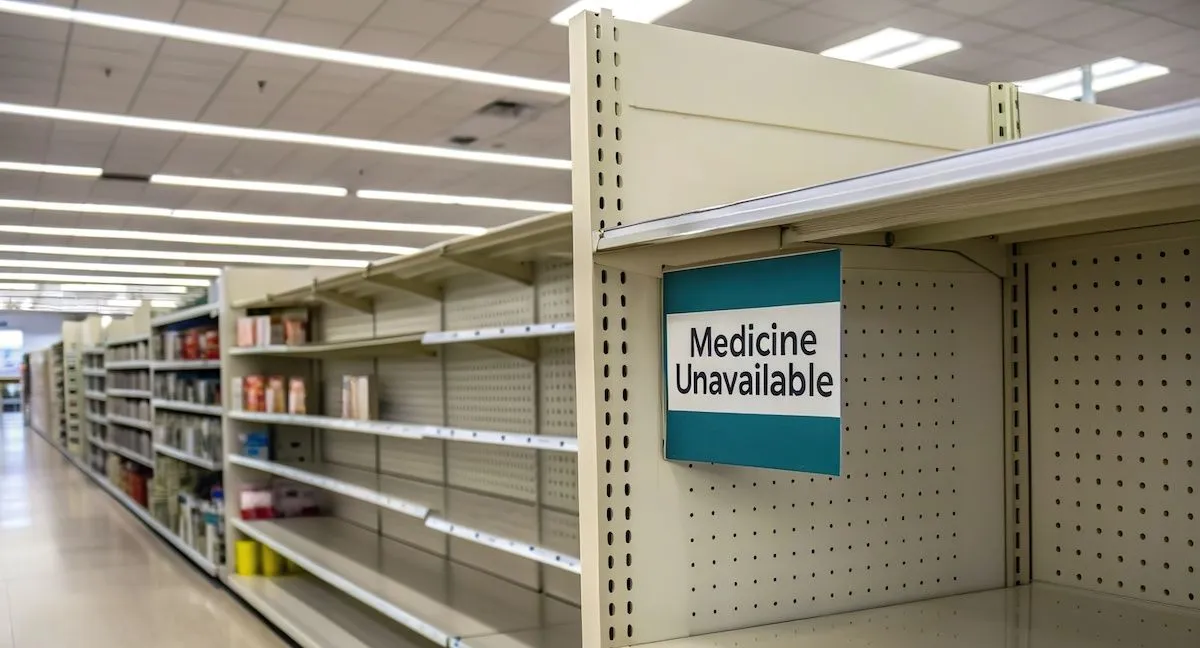Exploring the Impact of Biosimilars and Pharmacy Deserts on Managed Care

Understanding Market Trends and Economic Influences
In the ever-changing pharmaceutical industry, biosimilars are emerging as crucial players, especially concerning their adoption rate. The Inflation Reduction Act (IRA) has introduced policy-driven cost pressures affecting managed care. Adjustments to reimbursement strategies and challenges related to pharmacy closures are also pivotal elements reshaping the landscape.
Supply Chain Vulnerabilities
- Pharmacy deserts are becoming more prevalent, as reliance on foreign imports from Europe and Asia raises concerns about availability.
- Despite having manufacturing capabilities, only 2 of the top 37 sites operate at full capacity.
Growth in Specialty Pharmaceuticals
The growth in specialty pharmaceuticals, which now account for 52% of total market value, is largely driven by new products in immunology and oncology. Particularly, the increase in glucagon-like peptide-1 (GLP-1) drugs for diabetes is contributing significantly to changing prescription habits.
The Challenge of Pharmacy Deserts
Pharmacy deserts are low-access areas, predominantly located in disadvantaged communities where individuals encounter various barriers to receiving medications. This issue reflects broader health inequities deeply rooted in socioeconomic factors and geographic constraints.
Addressing Health Disparities
- The need for equitable health care access has never been more critical.
- Efforts to bridge the gap in pharmacy services in underrepresented communities are ongoing.
- Increased pharmacist involvement in vaccine administration highlights a shift toward pharmacy-based care delivery.
In this complex pharmaceutical landscape, the role of biosimilars, pharmacy deserts, and managed care continues to evolve, reflecting the need for adaptability among all healthcare stakeholders.
Disclaimer: The information provided on this site is for informational purposes only and is not intended as medical advice. We are not responsible for any actions taken based on the content of this site. Always consult a qualified healthcare provider for medical advice, diagnosis, and treatment. We source our news from reputable sources and provide links to the original articles. We do not endorse or assume responsibility for the accuracy of the information contained in external sources.
This article was prepared using information from open sources in accordance with the principles of Ethical Policy. The editorial team is not responsible for absolute accuracy, as it relies on data from the sources referenced.